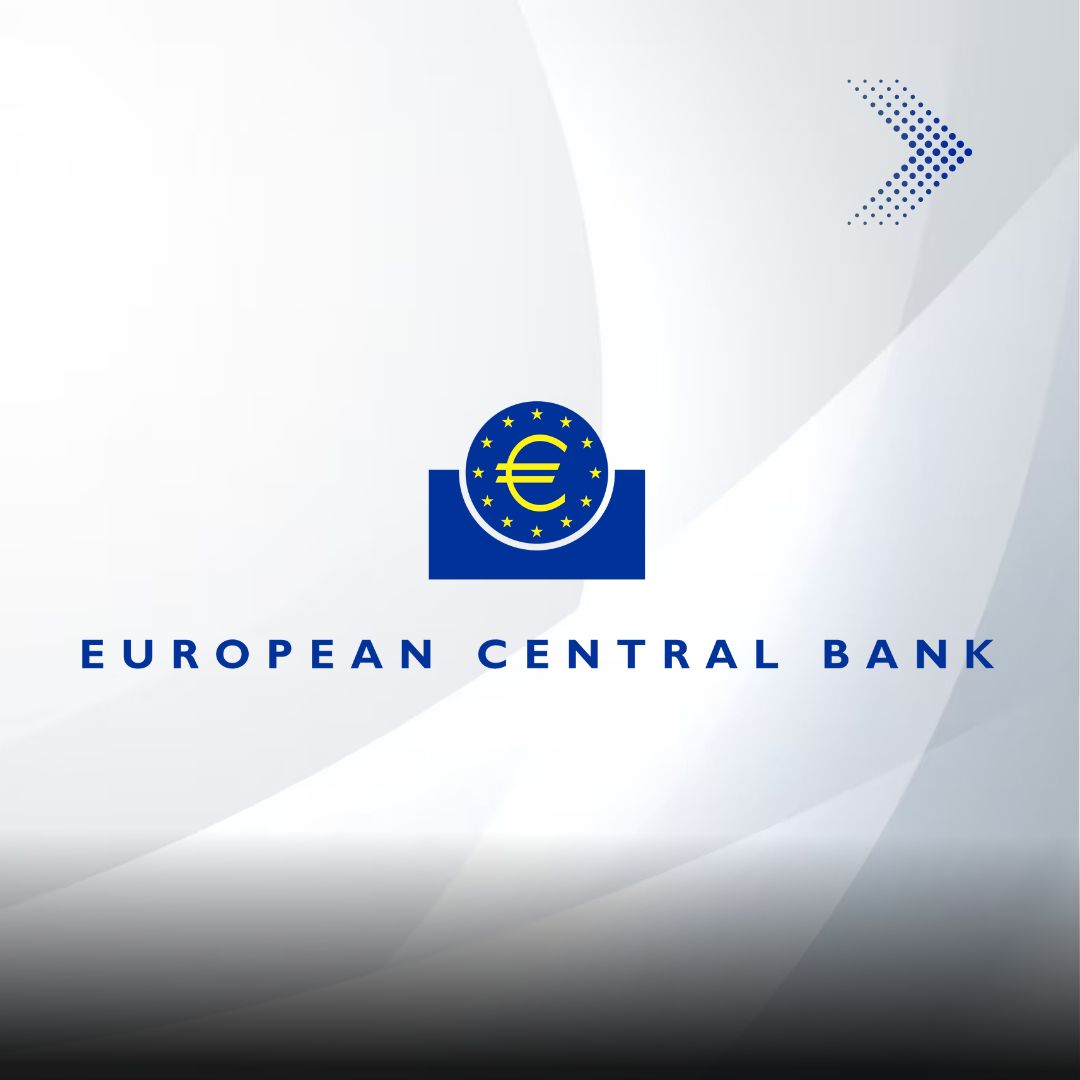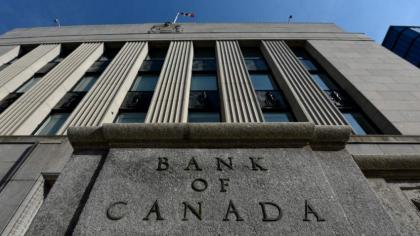
The European Central Bank (ECB) has released its first progress report on the digital euro preparation phase, offering valuable insights into the design considerations and ongoing development of this potential new payment system.
Prioritizing User Privacy
The report emphasizes a commitment to robust user privacy. The digital euro will boast an offline functionality enabling cash-like, private payments in physical stores or between individuals. Personal transaction details in these scenarios will remain confidential, known only to the payer and payee, without being shared with payment service providers or the Eurosystem.
For online transactions, the ECB outlines plans for advanced privacy features exceeding those of current digital payment solutions. This includes utilizing pseudonymisation, hashing, and data encryption to prevent the Eurosystem from directly linking digital euro transactions to specific users. Payment service providers will only be granted access to data required for legal compliance, such as anti-money laundering regulations, and will need explicit user consent to use data for commercial purposes. As the issuer and infrastructure provider, the ECB will be subject to independent data protection oversight, ensuring compliance with EU regulations.
Offline Payments on the Horizon
A key feature under development is the ability for users to conduct offline digital euro payments without an internet connection. After pre-funding their digital euro account via the internet or an ATM, users can make direct payments between offline devices (e.g., mobile phones or payment cards) without relying on third parties.
The ECB is exploring existing market solutions for offline transaction settlement within user devices. Investigations also encompass aspects like seamless execution, security, and user-friendliness. Technical considerations include delivery methods, funding/defunding wallets, and anti-money laundering/forgery prevention. While mobile devices are the primary focus, the potential use of battery-powered or non-powered smart cards with a bridge device for communication is also being explored.
Holding Limits and Collaboration
To ensure the digital euro serves as a widely used payment method while maintaining financial stability and monetary policy effectiveness, individual holdings will not be remunerated and will be subject to established limits. The ECB has begun developing a calibration methodology for determining these limits, encompassing a comprehensive monetary and economic assessment. A dedicated workstream involving experts from national central banks and authorities is identifying factors influencing the holding limit calibration. Data collection and stakeholder dialogues are underway to inform this process.
The ECB is actively engaging with co-legislators, market participants (consumers, merchants, and financial institutions) to share progress updates and gather feedback.
Next Steps: Rulebook and Tender Process
The Digital Euro Rulebook Development Group is nearing completion on an initial draft outlining standardized rules and procedures for digital euro payments across the euro area. An update, including chapters on user identification/authentication and infrastructure requirements, is expected by year-end.
Furthermore, the ECB has issued calls for applications to establish framework agreements with external providers for digital euro components and services. The selection process will involve inviting the highest-ranked respondents to tender, ultimately shaping the final technical specifications.
Supporting Legislative Efforts
The ECB continues to provide technical expertise to European institutions throughout the legislative process. This includes analyzing euro retail payment market dynamics, publishing a technical analysis on allowing multiple digital euro accounts per user, and conducting additional work on a user-friendly and inclusive digital euro app.
“The digital euro preparation phase is progressing well, and we support the ongoing democratic debate on the legal framework,” stated Executive Board member Piero Cipollone, who chairs the High-Level Task Force on a digital euro. “The digital euro is a collaborative European endeavor. We remain committed to engaging with all stakeholders, including the European public, to ensure its success and benefit for all.”
The ECB’s Governing Council will make the final decision on issuing a digital euro only after the relevant legislation is adopted, as this legal framework is crucial for the digital euro’s functionality.




